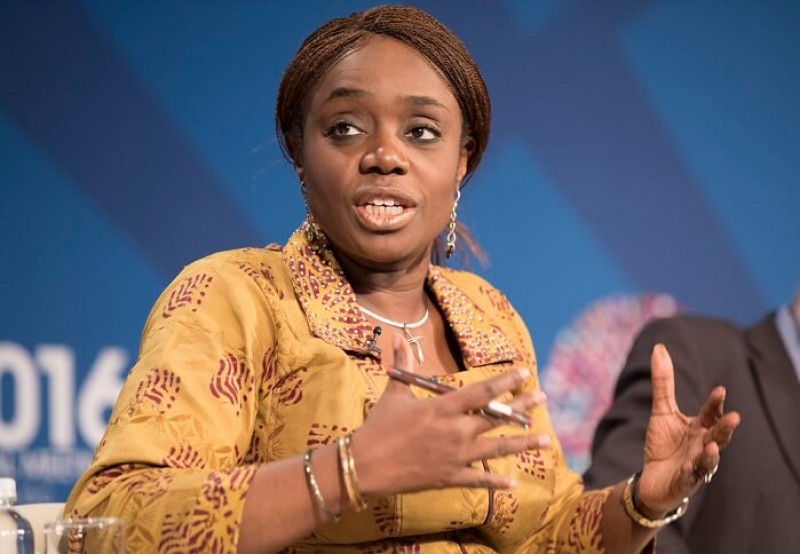
While domestic debt stock/GDP ratio is still in a fair region, there has been an alarming rise in domestic debt service as payments have soared from N354bn in 2010 to N1.23trn last year, according to FBNQuest.
Domestic debt payments comprise more than 90% of Nigeria’s total debt burden, since external debt obligations are mostly concessional and far less costly than naira borrowing.
“There is a point at which this domestic debt service burden becomes unsustainable, and we are not a million miles away from it,” the analysts noted.
Total debt service in the 2016 budget represented a projected 35.4% of total FGN revenue. The ratio was so dire, of course, because the record of revenue collection has been poor. In practice, collection was even poorer than forecast and the actual ratio was above 60%.
Equally, the cost of issuing Nigerian treasury bills (NTBs) has soared to the benefit of the commercial banks (the main buyers). Since August 2016, the yields on the 364-day paper at auction have settled above 22% (and more than doubled over 12 months).
Though current payments are unsustainable, the analysts opine that there are grounds for hope on the horizon.
“In the short term, the DMO’s front-loading of issuance this year has resulted in sales of FGN bonds at auction totaling N750bn over five months. The still-to-be-signed-off 2017 budget projects net domestic borrowing of N1.25trn.
“Secondly, the Economic Recovery and Growth Plan 2017-20 sets out a shift in borrowing strategy in line with the DMO’s medium-term paper on the subject. It has financing of the deficit largely external from next year, rising from 66% of the total in 2018 to 72% at the end of the plan period in 2020,” the noted.
Again, the DMO targeting over $300m Diaspora bond to finance deficit may reduce reliance on naira financing, thereby curtailing huge service payments.
The FGN’s domestic debt stock amounted to N11.97trn (US$39.2bn) at end-March, 2017 equivalent to 11.7% of 2016 GDP, which has been considered very healthy for a sovereign rated B+/B and projected to remain so when the unrecorded debts of N2.2trn of the FGN the administration unearthed in mid-December are taking into consideration, according to analysts
“We should view the steep increase of 8% or N910bn in Q1 in the context of the DMO’s deliberate front-loading of issuance, which totalled N535bn over the three months. This was a repeat of the pattern over the two previous years,” the analysts stated.








